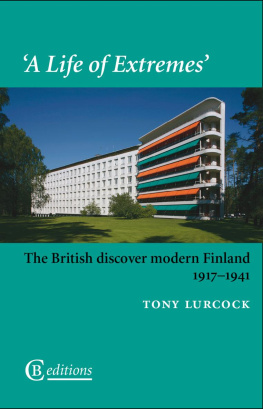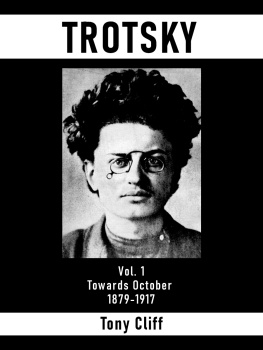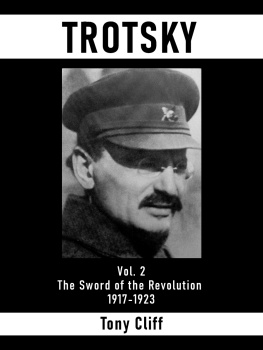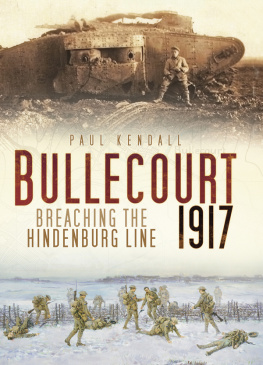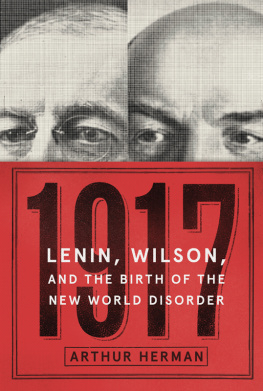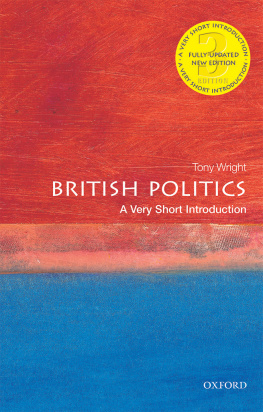A Life of Extremes
the british discover modern finland 19171941
Tony Lurcock grew up in Kent, and studied English at University College, Oxford. He became lecturer in English at Helsinki University, and subsequently at bo Akademi. Returning to Oxford, he completed a D.Phil. thesis, and taught there, and in America, until his recent retirement. His two previous compilations of accounts of Finland by British travellers are Not So Barren or Uncultivated: British Travellers in Finland 17601830 (CBe, 2010) and No Particular Hurry: British Travellers in Finland 18301917 (CBe, 2013). He has published numerous review articles, mainly on eighteenth-century literature and on biography.
Poster for the 1940 Olympic Games featuring a statue by Waino Aaltonen of the middle- and long-distance runner Paavo Nurmi, who won nine Olympic gold medals and three silver medals between 1920 and 1928. The 1940 Games were suspended indefinitely following the outbreak of World War Two.

First published in 2015
by CB editions
146 Percy Road London w12 9ql
www.cbeditions.com
All rights reserved
Tony Lurcock, 2015
Front cover:
Paimio Sanatorium, designed by Alvar Aalto and completed in 1932. Photograph: Sami Heikinheimo Archtours
Tony Lurcock has asserted his right
under the Copyright, Designs and Patents Act 1988
to be identified as author of this work
Printed in England by Imprint Digital, Exeter ex5 5hy
isbn 9781909585157 (pbk)
978-1-909585-33-1 (ebook)
Contents
Once again I am indebted to many people who have given help, made suggestions, and curbed occasional excesses. The two stalwarts, Silvester Mazzarella and Pontus Lurcock, have stayed the course, and will perhaps be relieved to have seen it to the end. Jonathan Clark has again taken great trouble to produce the maps, as well as enduring regular updates at the Rose and Crown.
For other help I thank Magnus Cederlf, Terry Curran, Tim Davison, Harry Ferguson, Alex Martin, Andrew Newby Simon Offard (Imperial War Museum), David Ripley, and David Wilson.
During the time that I have been working on this volume two good friends of the project have died. Bill Mead read an early draft many years ago, and encouraged me to keep writing. I regret not having gone back to him soon enough for information about several of the writers appearing here who were his personal acquaintances. I have sorely missed the company of Tim Griggs, in person, by phone, and by email; the book too has missed his bold editing. Writing is not as much fun without him.
The publisher and author are grateful to Karl Grotenfelt, whose generosity has made the publication of this book possible.
It has been a tedious business attempting to locate the copyright holders of many of the books cited; some of the publishers, departed, have left no addresses. Several, I discovered, lost their archives in the Blitz, and others have long since been absorbed in a bewildering chain of international takeovers. Every effort has been made to trace or contact copyright holders. The publisher will rectify at the earliest opportunity any omissions or errors brought to his notice.
Extracts from Nol Coward, Future Indefinite , NC Aventales AG 1954, reprinted by permission of Alan Brodie Representation Ltd ( www.alanbrodie.com ); extracts from Harold Macmillan, The Blast of War , Harold Macmillan 1967, reprinted by permission of Pan Macmillan; extracts from Direction North by John Sykes, published
by Hutchinson, reproduced by permission of The Random House Group Ltd.
In the previous volume, No Particular Hurry , British writers still used the Swedish place names but Finnish had started to creep in. The change is nowquite decisive, as one would expect, but far from complete. In this volume travellers explore every part of the country, visiting many places which have never had a Swedish name. In the land Islands and the archipelagos there are very few Finnish versions of the Swedish names. Once again, many writers name places which I have not located. In a book of this size it has not proved possible to provide a map which shows every small village and settlement, but most places can be found on the website http://kansalaisen.karttapaikka.fi/kartanhaku/osoitehaku.html?lang=en. The site recognises only Finnish names.
Borg Porvoo
Ekens Tammisaari
Enare Inari
Enontekis Enonteki
Flisn Seurasaari
Gamla Karleby Kokkola
Hang Hanko
Helsingfors Helsinki
Nykarleby Uusikaarlepyy
Nyslott Savonlinna
Nystad Uusikaupunki
Raumo Rauma
Sordavala Sortavala
Sveaborg Suomenlinna
Tammerfors Tampere
Tavastehus Hmeenlinna
Tourne Tornio
Uleborg Oulu
Vasa Vaasa
Vyborg Viipuri
bo Turku
Beyond Finland
Narg Naissaar
Reval Tallinn
In 1914 Saint Petersburg became Petrograd, in 1924 Leningrad, and in 1991 Saint Petersburg again.
On 6 May 1919, the British Consul General in Finland, Henry McGrady Bell, received from the British Prime Minister, Arthur Balfour, the following telegram:
PLEASE CONVEY FOLLOWING STOP HIS BRITANNIC MAJESTYS GOVERNMENT ACKNOWLEDGE THE INDEPENDENCE OF FINLAND AND ITS GOVERNMENT
I got out my colourful consular uniform, wrote Bell, and, replete with sword and medals, presented myself at the Ministry of Foreign Affairs. There he was received by the acting Foreign Minister, Leo Ehrnrooth, who conducted him to the Palace, where he delivered the news to General Carl Gustaf Emil Mannerheim, the Regent of Finland. The same evening Bell attended the meeting of the Diet, where he heard the Premier announce the news: Recognition by the mighty British Empire is of the greatest importance, and meets with our deepest satisfaction.
Helsingfors was beflagged. A banquet was given at General Mannerheims residence at which I was the guest of honour, and, as such, privileged to escort his beautiful daughter Sophy to the dinner-table. During the evening the General decorated me with the White Rose of Finland; and so ended a very satisfying episode in my humble diplomatic career.
The end of one episode for Bell, quoted from his memoir Land of Lakes (1950), was the beginning of a new era for Finland, and for those who travelled there.
The Epilogue to No Particular Hurry: British Travellers in Finland 18301917 (2013) concluded with a hint of anticipation:
De Windt wrote of his hotel in Tampere that there was a quaint mixture of modernism and the primitive, peculiar to this country, and not without its charms. In the next phase of the British discovery of Finland the quaint and the primitive more or less cease to be attractions. The independent Finland after 1917 was the new nation, and ushered in a new era for travel writing; foremost among the interests of British visitors would be the advanced social institutions, the architecture, the music, and the Winter War.






